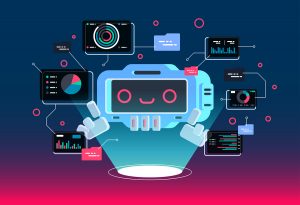 Citizen Experience is a focus of government agencies from federal to state and local. Governments are working to give citizens the same service experience they get as consumers in the commercial market. A huge piece of this is understanding who the citizen is and creating a "journey" tailored to their needs. This starts with the rather technical and security-minded practice of identity management.
Citizen Experience is a focus of government agencies from federal to state and local. Governments are working to give citizens the same service experience they get as consumers in the commercial market. A huge piece of this is understanding who the citizen is and creating a "journey" tailored to their needs. This starts with the rather technical and security-minded practice of identity management.
Traditionally, identity management has been viewed as a way to enable access to systems for a workforce. It is the practice that assures that the proper people have access to the technology and systems they need. If we look at it in the context of citizen service, identity management is more than giving people access to their accounts. It is about giving people and systems that serve citizens insight to how they can better serve each citizen. In fact, a well-thought out identity management strategy can proactively offer applicable programs related to public health and social services.
Identity management is playing a role as part of robotic process automation (RPA) solutions designed to speed up benefits to citizens. In an effort to improve the turnaround time for loan distribution during national crises, RPA can enable a compilation of an applicant's record from multiple systems, channels, and service providers for collection and entry into systems for underwriters to analyze. Identity management is key to achieving 10 to 100 times faster processing, ensuring that the person applying for the aid is who they say they are.



 Citizen Experience is a focus of the
Citizen Experience is a focus of the 

